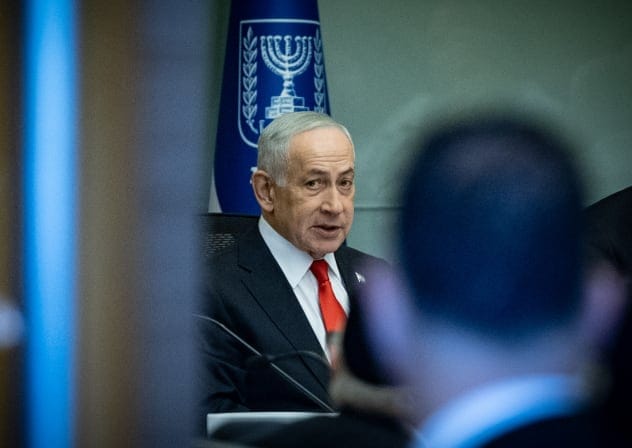Israel denies Gazan child access to cancer care despite Israeli hospital's willingness to treat him
The court decision noted that the child's doctors in Ramallah had been in contact with Tel Hashomer Hospital, whose practitioners expressed willingness to treat the child.













